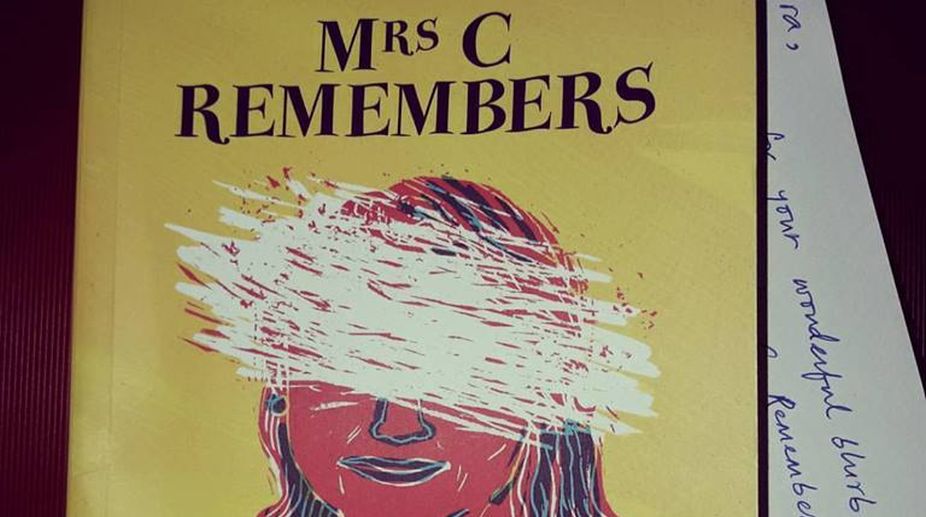This is a book about forgetting. Forgetting names, directions, phone numbers, all the things that we occasionally mislay in our memory and record on our smart phones for safe keeping. It is a story of the Chatterjees with Anita the lady of the house as its heart.
Anita Chatterjee is married to a successful businessman in Calcutta and has lived her adult life in a conventional marriage hated by her mother-in-law. The book begins with the death of the matriarch of the Chatterjee clan with the help of a little deliberate forgetfulness from her daughter-in-law. Oddly enough once she has passed on, Anita is not relieved.
Sankar shifts narrators from chapter to chapter — the story passes to Mrs Chatterjee’s daughter Sohini who lives with her unconventional Muslim partner, Omar. Sohini’s opinion of her parents and grandmother is very different from her mother’s take on life.
Advertisement
What emerges in this simply told book are the conflicting values and relationships that are part of family life. At one level it may be very Calcutta with all the city’s snobbery and pretension and little snippets like wives retreating to the terrace for privacy. There are also the undercurrents of family sexuality — a brother-in-law who may be gay or a husband with an Oedipus complex. Mrs C is looking back on her life on her mother-in-law’s death and so is Sohini whose life changes from a live-in relationship to marriage to motherhood.
Certainly there is an aspect of social satire to it, since the differences between the moneyed classes and the ethical classes are vast. Mrs C resents her sister because she is an intellectual and at one level resents her daughter as well. She has the unthinking directness of those who spend their lives as housewives and socialites, unaware that much of what they say is politically incorrect. This trait makes her the ideal commentator on the issues of a mixed faith marriage, which is only tolerable because of the boy’s aristocratic lineage.
One generation tries to remember while forgetting, the other observes. Along the way family members come and go, and their reactions change with passing time — Omar, for example becomes more conservative where religion is concerned, though his love for his wife remains. Mrs C, who all this while has held herself aloof behind the shield of the dutiful wife and mother, is now exposed in all her vulnerability.
The description of her condition has a very personal note to it — this is quite obviously a situation which the author has experienced and is recording in all its painful detail, somewhat like Jerry Pinto in Em and the Big Hoom. It is also a situation which is becoming increasingly common in a society where people are living longer.
Sankar has no solution to it because there are no solutions, medical or otherwise, currently. But there is a certain poetic justice — Mrs C who deliberately forgot her mother-in-law’s medicine is now condemned to forgetting what she would like to remember, like her own surname.
(The reviewer is a freelance contributor)
Advertisement











